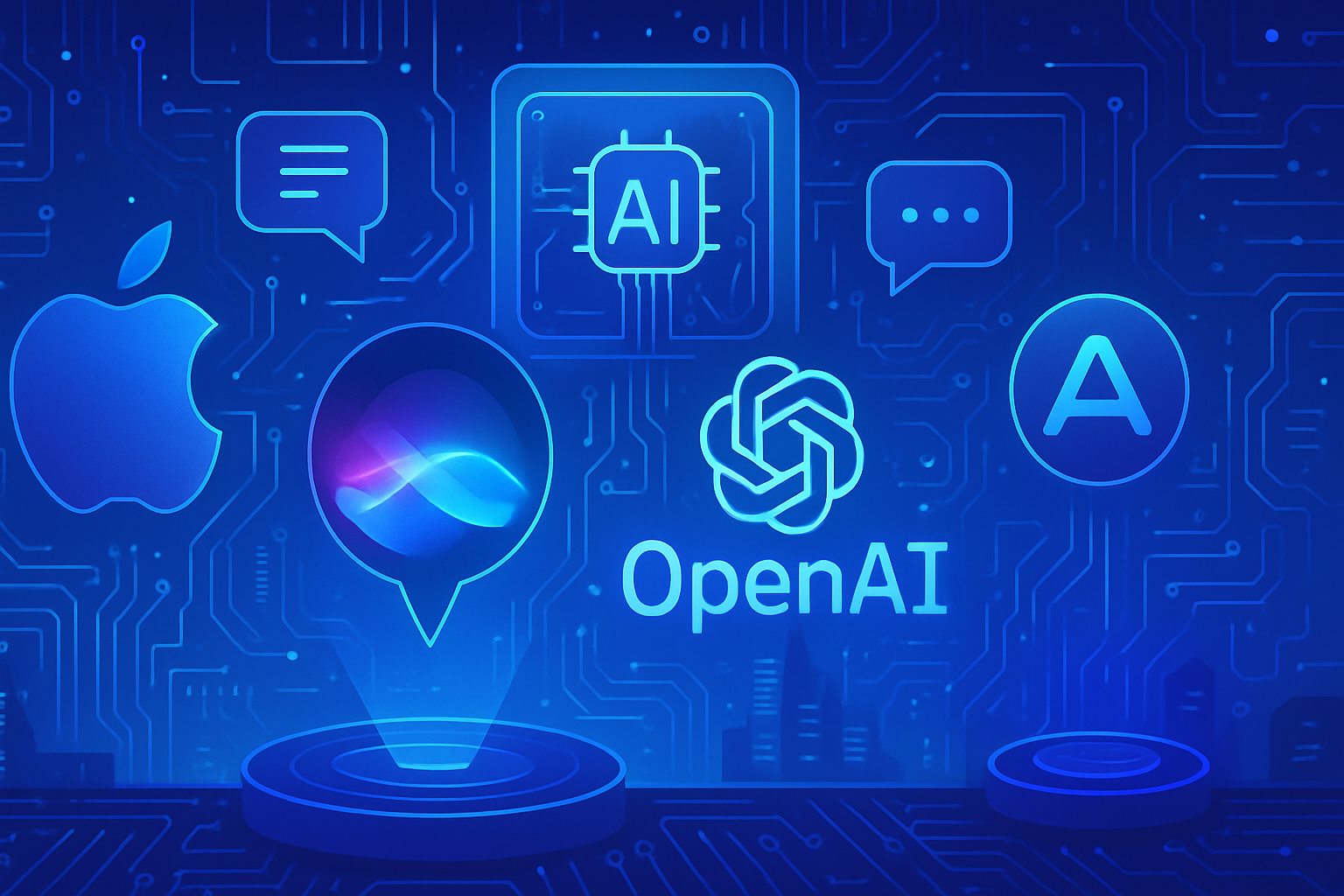The recent Oscar wins of films such as “The Brutalist” and “Emilia Pérez” raise important questions. These cinematic works, beyond artistic celebration, prompt reflection on the implications of technological innovation. The intersection between cinema and artificial intelligence emerges as a predominant issue of this era. The way these films integrate AI and its impacts has the potential to redefine Hollywood. As the filmmaking community scrutinizes the future, a machine’s win could transform artistic creation itself.
Oscar Wins and Impact on Artificial Intelligence
The films The Brutalist and Emilia Pérez, frontrunners at the Oscars, mark a significant milestone in the evolution of contemporary cinema. These works, already successful at the Golden Globes, spark discussions on the growing influence of artificial intelligence in Hollywood. Their win could catalyze the adoption of innovative technologies within the film industry.
The Awards of Emilia Pérez
Directed by Jacques Audiard, Emilia Pérez won four trophies at the recent Golden Globes, including that of Best Comedy. This success underscores the appreciation from both audiences and critics for French cinema. With exceptional narrative quality and incisive humor, the film sparks interest in creative practices, including the use of artificial intelligence.
The Resonance of The Brutalist
The Brutalist, an ambitious work by Brady Corbet, is characterized by a complex narrative following the adventures of a Hungarian architect in the United States after World War II. This film captivated the juries, winning several distinctions at the Golden Globes, including the Best Director award. The use of innovative technological processes in its production draws interest in the potential of AI in cinema.
Artificial Intelligence and Cinema
The intrusion of AI into the creative process remains a subject of controversy. Films like The Brutalist demonstrate how AI can enhance writing and directing. However, the use of this technology to correct the Hungarian accents of actors has raised ethical questions. This controversy could, paradoxically, serve as an accelerator for broader acceptance of AI within the industry.
The Politics of the Oscars and the Future of AI
The dynamics of the Oscars create an environment where works like Emilia Pérez or The Brutalist shape the future of cinema. An award could generate increased adoption of artificial intelligence in film production. Many professionals fear that AI will transform the way stories are told, but others see it as an opportunity for innovation.
Future Perspectives
In line with current trends, Oscar successes could favor a shift towards greater integration of AI in creative processes. Directors and screenwriters might explore new narrative boundaries with the help of this technology. The rise of AI in American cinema could also influence practices on a global scale.
Industry Reactions
Film professionals react with a mix of curiosity and skepticism to the advancement of AI. Studios are exploring technological solutions to enhance production and reduce costs. It remains to be seen how the wins of films at the Oscars may spur this transformation, but the results are already palpable.
Conclusion of Discussions on AI
The rise of AI in the cinematographic domain translates into passionate debates about creativity and authenticity. Winning films, like The Brutalist and Emilia Pérez, are merely a reflection of a potential transformation. To learn more about the implications of AI and the nominated films, in-depth analyses will be necessary.
Useful Links
For more information on the subject, check out these articles: Your iPhone uses more AI than the nominees and Artificial intelligence in the spotlight in “The Brutalist”.
FAQ Guide on the Impact of the Oscars on AI in Hollywood
How might an Oscar win for films like ‘The Brutalist’ influence the use of AI in cinema?
An Oscar win could validate the use of AI in the creative process, prompting other filmmakers to incorporate these technologies into their productions to enhance storytelling or post-production.
Could the Oscar awards for ‘Emilia Pérez’ encourage other films to use AI?
Yes, Oscar recognition for films incorporating AI could encourage other filmmakers to explore and adopt these tools to stand out and meet contemporary audience expectations.
How does the use of AI in award-winning films stimulate technological innovation in Hollywood?
The critical and commercial successes of these AI-using films push studios to invest in new technologies, thus supporting innovation within the film industry.
What aspects of ‘The Brutalist’ demonstrate innovative use of AI?
‘The Brutalist’ integrates AI notably in the vocal processing of actors, which raises debates about ethics and artistic authenticity but could also set new production standards.
Does the victory of AI-integrated films change audience expectations for cinematic content?
Yes, the victory of such films could alter audience expectations, making them more receptive to narratives enriched by AI while demanding greater originality and creativity.
How might Oscar recognition influence perceptions of AI in the film domain?
Oscar recognition could help normalize the use of AI, dispelling fears and encouraging a positive dialogue about its role in cinematic creation.
What ethical issues might arise from the increasing use of AI in award-winning films?
Ethical issues include concerns regarding human creativity, notions of authenticity in storytelling, and implications of data use for AI, which could influence debates within the industry.






